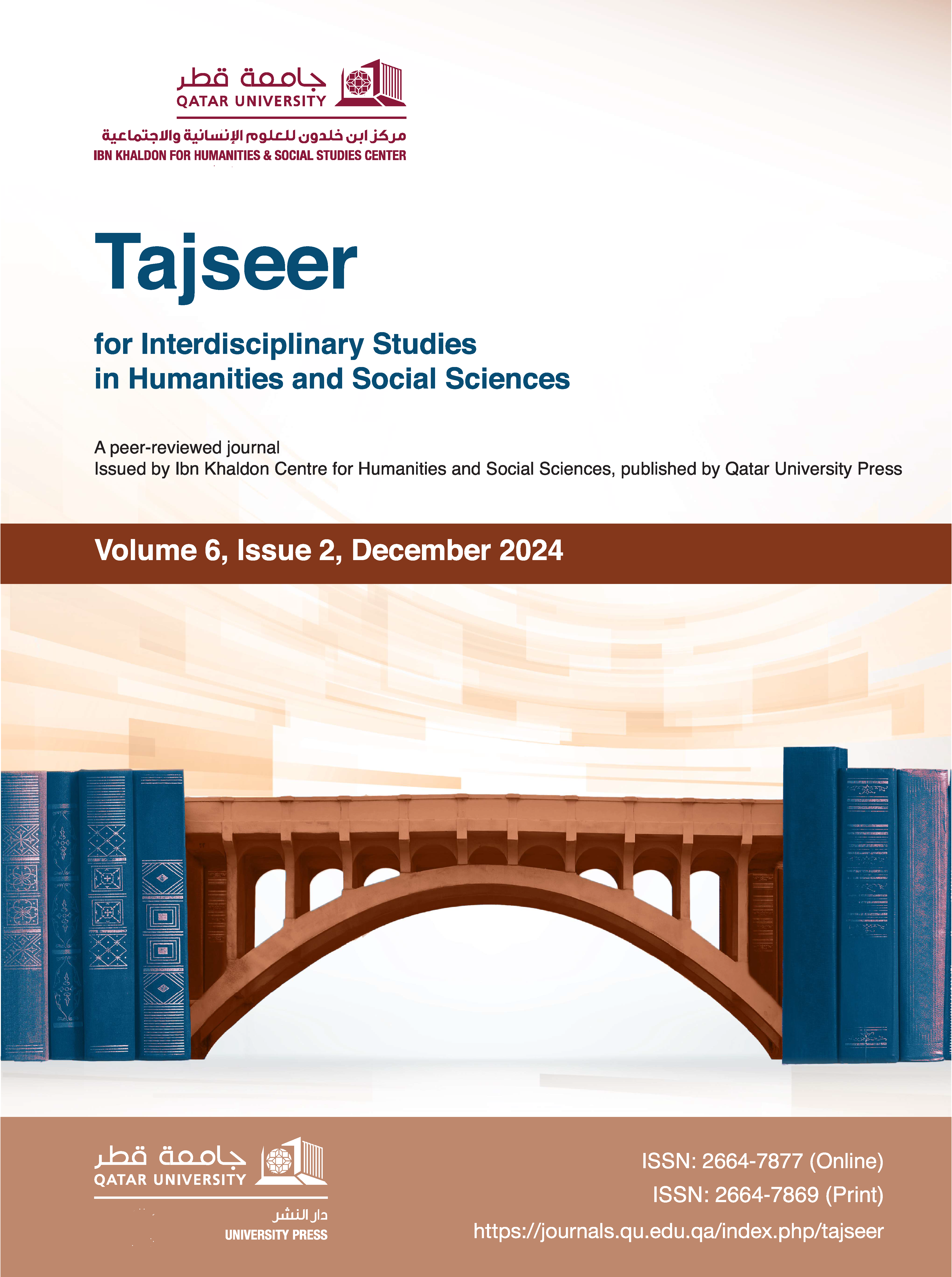From Physics to Sociology: Divergence of Topics and Convergence of Methodologies
Abstract
This article examines the impact of classical physics on the development of sociology and explores the evolution of their relationship, particularly in the context of post-positivism in sociology and quantum physics. Initially, it highlights how the French founders Auguste Comte and Émile Durkheim were influenced by classical physics in crafting a distinct methodological framework for sociology and establishing its scientific legitimacy. They applied the positivist approach of classical physics to social phenomena, creating tools and methods for measuring, classifying, and controlling these phenomena with the goal of deriving general laws and causal explanations. The article then presents examples of epistemological and methodological convergences between sociology and quantum physics. Although post-positivist theories in sociology did not emerge directly from advances in quantum physics, but rather as an internal development within sociology itself and the evolution of its cognitive models, there are notable similarities between the two fields. The recognition of uncertainty, the interplay between the observer and the observed, and the challenge to absolute objectivity highlight a shared intellectual terrain, linking the disciplines and offering a more nuanced understanding of contemporary scientific and social paradigms.
Metrics
##plugins.themes.bootstrap3.article.details##
SociologyPhysicsObjectivitySubjectivityCausalityPrediction
Andrieu, Bernard. "Au XXe siècle, la subjectivité des sciences." Le Portique, 1 January 2000, accessed 01/03/2023. https://journals.openedition.org/leportique/406
Bitbol, Michel. Théorie quantique et sciences humaines. Paris: CNRS Éditions, 2009.
Boudon, Raymon. La logique du social. Paris: Pluriel, 1979.
Bourdieu, Pierre. Le sens pratique. Paris: Ed Minuit, 1980.
Cherkaoui, Mohamed. Naissance d’une science sociale. Genève: Droz, 1998.
Colliot-Thélène, Catherine. "Max Weber et la sociologie compréhensive allemande: critique d’un mythe historiographique." in Catherine Colliot-Thélène et Jean-François Kervégan, De la société à la sociologie. Lyon: ENS Éditions, 2002, pp. 149-181.
Comte, Auguste. "Cours de philosophie positive: 1re et 2e leçon (1830-1842)." Les Classiques des sciences sociales, january 1936, accessed 10/02/2023 on the link: https://bitly.ws/3d6qs
–––. "Discours sur l’esprit positif (1842)." Les classiques des sciences sociales, 18 February 2002, accessed 08/01/2023 on the link: https://cutt.ly/V8NoHTa
Duchesneau, François. "Philosophie des sciences." in Frédéric Bouchard et al, sciences, technologies et sociétés de A à Z. Montréal: Presses de l’Université de Montréal, 2015.
Durkheim, Émile. "Les règles de la méthode sociologique (1894)." Les Classiques des sciences sociales, 1967, accessed 18/07/2023 on the link: https://tinyurl.com/2z7j32jb
Franck, Robert. "Les explications causale, fonctionnelle, systémique ou structurale, et dialectique, sont-elles complémentaires?." in Robert Franck, Faut-il chercher aux causes une raison? L'explication causale dans les sciences humaines. Lyon: Institut interdisciplinaire d'études épistémologiques, 1994.
Heilbron, Johan. "Auguste Comte and Modern Epistemology." Sociological Theory, Vol. 8, N°. 2 (1990).
Ladrière, Jean. "La causalité dans les sciences de la nature et dans les sciences humaines." in Robert Franck, Faut-il chercher aux causes une raison? L'explication causale dans les sciences humaines. Lyon: Institut interdisciplinaire d'études épistémologiques, 1994.
Lʻryny, Ṣalāḥ al-Dīn. "Mafhūm alhābytws ʻinda Pierre bwrdyw” )in Arabic) Majallat al-ʻUlūm al-ijtimāʻīyah, No. 9, Nūfimbir 2014, Accessed: 18/5/2024. https://www.asjp.cerist.dz/en/downArticle/305/8/4/29568
Luckmann, Thomas & Berger, L. Peter. The Social Construction of Reality: A Treatise in the Sociology of Knowledge. New York: Doubleday, 1966.
Luhmann, Niklas. Die Wissenschaft der Gesellschaft. Berlin: Suhrkamp Verlag, 1990.
Lukes, Steven. Émile Durkheim: his life and work. New York: Harper & Row, 1972.
Passeron, Jean-Claude. Le raisonnement sociologique. Paris: Albin Michel, 2006.
Philippe Steiner, La sociologie de Durkheim (Paris: La Découverte, 2018), pp. 5-14.
Pickering, Mary. Auguste Comte: an intellectual biography. UK: Cambridge University Press, 1993.
Pickering, Mary. "Le positivisme philosophique: Auguste Comte." Revue interdisciplinaire d'études juridiques, Vol. 67, N°. 2 (2011).
Rashevsky, Nicolas. "Outline of a unified approach to physics, biology and sociology." The bulletin of mathematical biophysics, Vol. 31 (1969).
Simon, Herbert. "Bounded Rationality and Organizational Learning." Organization Science, Vol. 2, N°. 1 (1991).
Turner, Jonathan H., Russell K. Schutt, et Matcheri S. Keshavan, "Biology and American Sociology, Part II: Developing a Unique Evolutionary Sociology." American Sociologist, Vol. 51 (2020), pp. 470-505.
Varenne, Franck. "La sociologie comme physique de l’organisme social: Comte." in Franck Varenne, Modéliser le social. Malakoff: Dunod, 2011.
Vogd, Werner. Quantenphysik und Soziologie im Dialog. Berlin: Springer Spectrum, 2020.
Wendt, Alexander. Quantum Mind and Social Science: Unifying Physical and Social Ontology. UK: Cambridge University Press, 2015.
**********************************************************************************************
لعريني، صلاح الدين. "مفهوم الهابيتوس عند بيير بورديو". مجلة العلوم الاجتماعية، ع9 (نوفمبر 2014)، ص. 63-71. استرجع في: 18/5/2024. https://www.asjp.cerist.dz/en/downArticle/305/8/4/29568



 https://orcid.org/0009-0001-5428-0605
https://orcid.org/0009-0001-5428-0605